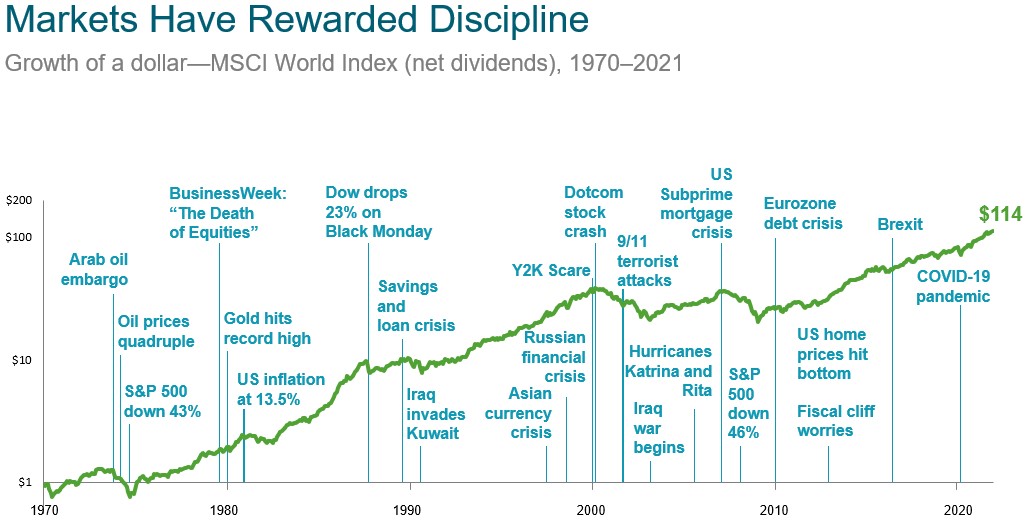True story. I was at a conference in Santa Monica with my dad a few years ago and we took the time to visit the testosterone centre of the universe: “Muscle Beach.” While watching one particular muscle-bound man repeatedly banging his forehead into a wooden post (true story), I was reminded me of an old story you may have heard:
A man walks up to another man who is repeatedly hitting his head against a wall. When asked why he is doing it, he replied “because it feels so good when it stops!”
We all want to move forward in life, but every time we get anywhere close to progress, we encounter the same problem. It’s like there is a wall in our way and we keep on hitting our head against it, knowing that the only relief comes when we stop doing it!
Our progress lies on the other side of this frustration.
What if the real problem was not the wall itself, but how we see it? We see this problem as a barrier to move forward, often causing us much frustration, pain, and perhaps feelings of failure. This is especially difficult as we have so many dreams and goals to pursue, if only we can break through this wall.
Making progress in anything in life is not an easy task. In our pursuit of progress we often fail, and may even give up.
Dan Sullivan, founder of Strategic Coach said it well: “There are three great obstacles to progress: guilt, envy, and resentment.”
So how do we do break through these barriers?
- The first step is to identify what you would like to improve. Be specific about the problem.
- Write down what you really want the ideal outcome of this problem to be instead.
- Write down what is not working.
- Write down how could you make this experience better by improving on what is not working.
- Write down the next smallest action steps you will take to move toward your desired goal.
Often we give our obstacles more power by focusing on them as problems rather than learning experiences. This shift in mindset is helpful in avoiding frustration and lack of progress in all areas of your life.
You may have felt stuck, powerless, and frustrated with yourself and your problems before, but hopefully with some strategic thinking and structure, you see yourself learning from your obstacles and eventually overcoming them.























